Low-cost High-quality PiFi Audio
Presented by Stuart Hertzog
Tired of iTunes? Time for PiTunes! — HiFi audio from your Pi.
You don’t need a PC or laptop to enjoy listening to hifi audio from your personal collection or Internet streaming. And you won’t have to endure the convoluted iTunes interface.
A low-cost Digital Audio Converter (DAC) or DAC and Amplifier such as offered by HiFiBerry or IQAudio will turn any Raspberry Pi2 or 3 into a low-cost and energy-efficient MPD audio server controlled from a Web browser or an iOS/Android app.
Join us as instructor Stuart Hertzog explains how to set up a DAC on your Pi and demonstrates the free and open-source Linux audio software PiMusicBox, Volumio, RuneAudio, and MoOde Audio.
Discover PiFi audio and a world of listening pleasure!
Check out the links for this presentation:
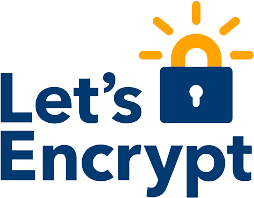
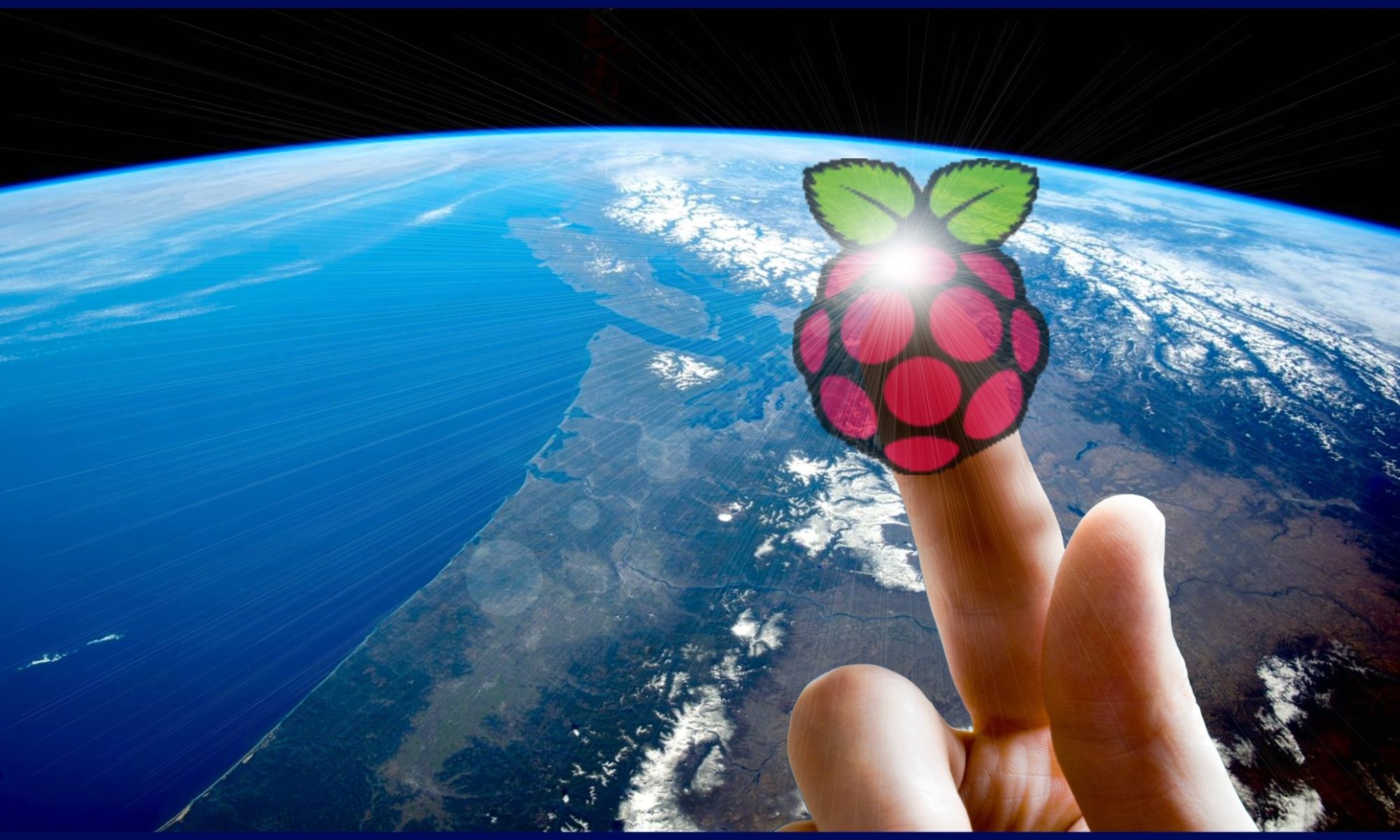
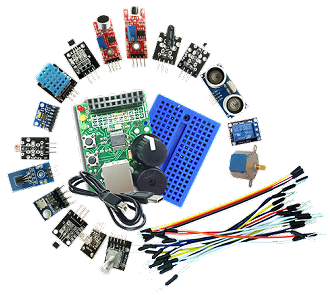


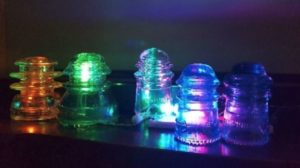
 Two views of Statistical Programming. The second in the series. R is a programming language and free software environment for statistical computing and graphics that is supported by the R Foundation
Two views of Statistical Programming. The second in the series. R is a programming language and free software environment for statistical computing and graphics that is supported by the R Foundation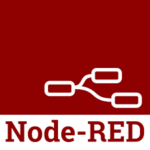 Node-RED is a programming tool for wiring together hardware devices, APIs and online services in new and interesting ways.
Node-RED is a programming tool for wiring together hardware devices, APIs and online services in new and interesting ways.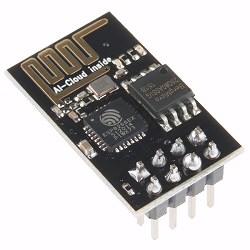 AND Mike will present MicroPython on the ESP8266. The presentation will share the Micropython breakthru that allows a $4 WiFi-enabled microprocessor to run a good portion of the Python standard library. It’s really quite amazing to have the Python REPL and filesystem built right into a microcontroller.
AND Mike will present MicroPython on the ESP8266. The presentation will share the Micropython breakthru that allows a $4 WiFi-enabled microprocessor to run a good portion of the Python standard library. It’s really quite amazing to have the Python REPL and filesystem built right into a microcontroller.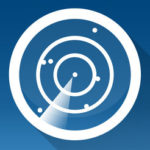 One of the many cool things you can do with your Raspberry Pi is to add a $30 DVT-T (
One of the many cool things you can do with your Raspberry Pi is to add a $30 DVT-T (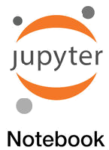 The Jupyter Notebook is an open-source web application that allows you to create and share documents that contain live code, equations, visualizations and narrative text.
The Jupyter Notebook is an open-source web application that allows you to create and share documents that contain live code, equations, visualizations and narrative text. 10:00am
10:00am PHP the language of the Web (well one of the languages) can connect to SQLlite on the backend, storing your dynamic content in a database. In this presentation, you will see how to make that connection, and directly populate data (into your database) from the Web.
PHP the language of the Web (well one of the languages) can connect to SQLlite on the backend, storing your dynamic content in a database. In this presentation, you will see how to make that connection, and directly populate data (into your database) from the Web.